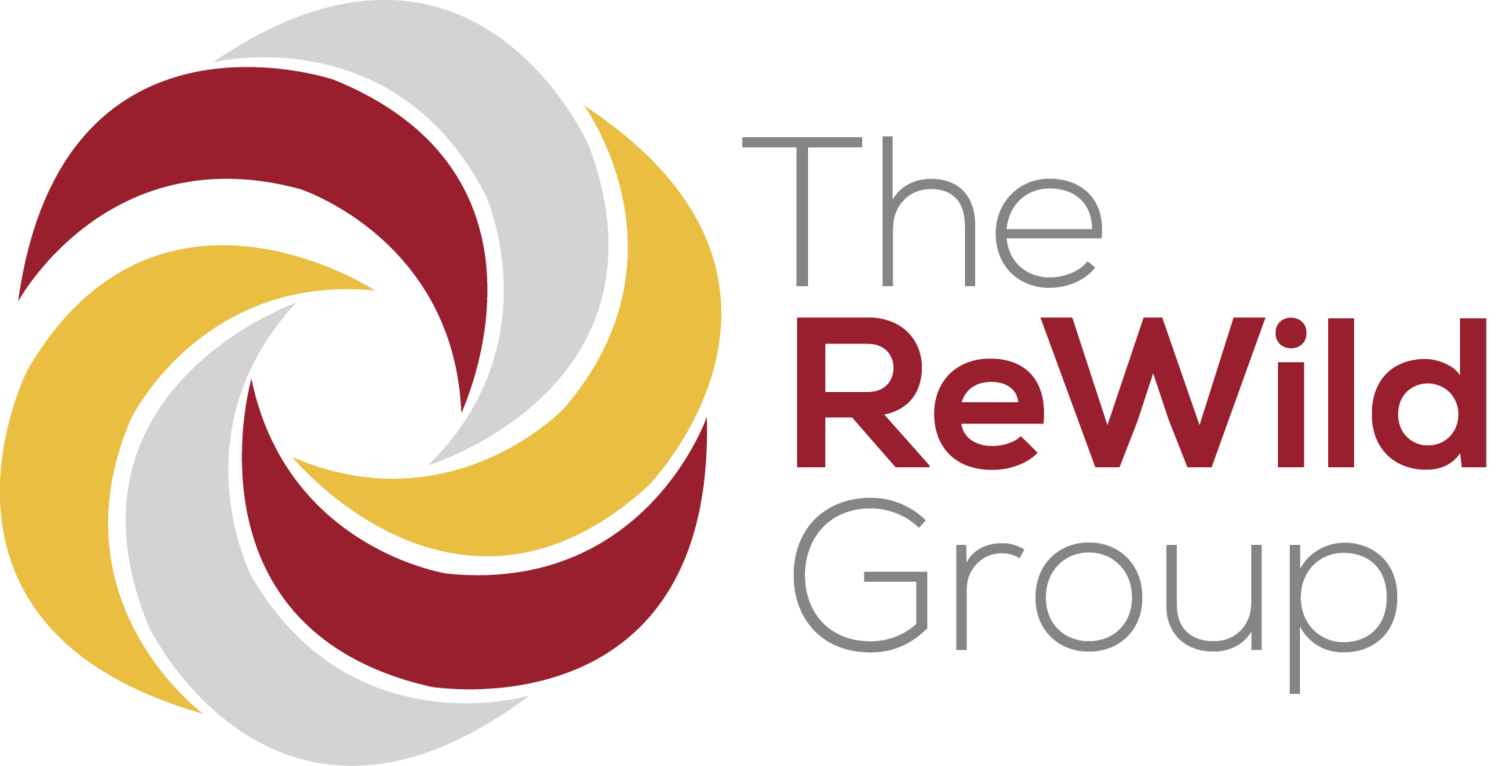Gates of Focus in a Stage 7 Business
Stage 7’s Gates of Focus are People, Process, then Profit.
The number of employees in a Stage 7 company is double or triple what the company had in the previous stage, an increase that demands for People to be the top priority. The primary way a leader can successfully show a focus on People is by investing in the growth of the Leadership Team. The company is too large for the CEO to have regular, personal interactions with all employees. He or she must rely on the Leadership Team (who in turn invests in the Management Team), as the primary driver of successful employee engagement. That said, it’s still important for the leader to regularly practice “management by walking around.” This ensures ongoing individual interaction with employees to communicate that they are valuable, contributing members of the company.
Process is now second priority. The sheer number of people cycling through the company requires effective processes to ensure that quality and scalability can be achieved. For the business to stay relevant to the market, it needs to have an ongoing plan for the investment and methods to encourage continuous innovation.
While Profit is important, it falls to third priority in Stage 7. A company of this size should have its profitability engine in place, with Marketing consistently generating leads, which Sales then turns into revenue and hands off to Customer Service to keep the revenue coming.
Business leaders embracing these Gates of Focus should be constantly thinking about how decisions will impact employees. Their energy should be focused on the development and well-being of the people in the organization.
Gates of Focus Misalignment
A technology company that specializes in home security has found tremendous success due to its highly innovative products. The CEO and founder, who comes from a technology background, has been instrumental in pushing out cutting-edge products that can command higher margins than the competition. With plenty of demand for their products, the company is optimistic about the future and haphazardly adds people to its customer service department to support expected growth in new customers.
Initial sales are strong but there is more churn than expected within the customer base. The overwhelming reason customers give for leaving is dissatisfaction with the service they experience when interacting with company staff. The products themselves are rated highly, but support is far behind. Customers complain about a lack of knowledge, slow response times, and overall frustration with the disconnect between the product and the service.
This CEO has his focus firmly fixed on Profit. After investing large amounts of capital into research and development, he looked for other ways to cut corners to improve profitability. He failed to account for the significant value that trained, knowledgeable employees add to the product. Relying on the product alone to maintain market share isn’t working. He needs to invest in People in order to keep growing the company beyond what the product alone can achieve.
The concepts from this article were taken from The Visionary Stage: Organizational ReWilding Rules for Business Growth. Available through The ReWild Group and Amazon, the book explores this and other concepts in-depth while providing illustrations to help business leaders incorporate the ideas into their organizations. Get your copy today to learn the rules for growth for companies with 161-350 employees.
